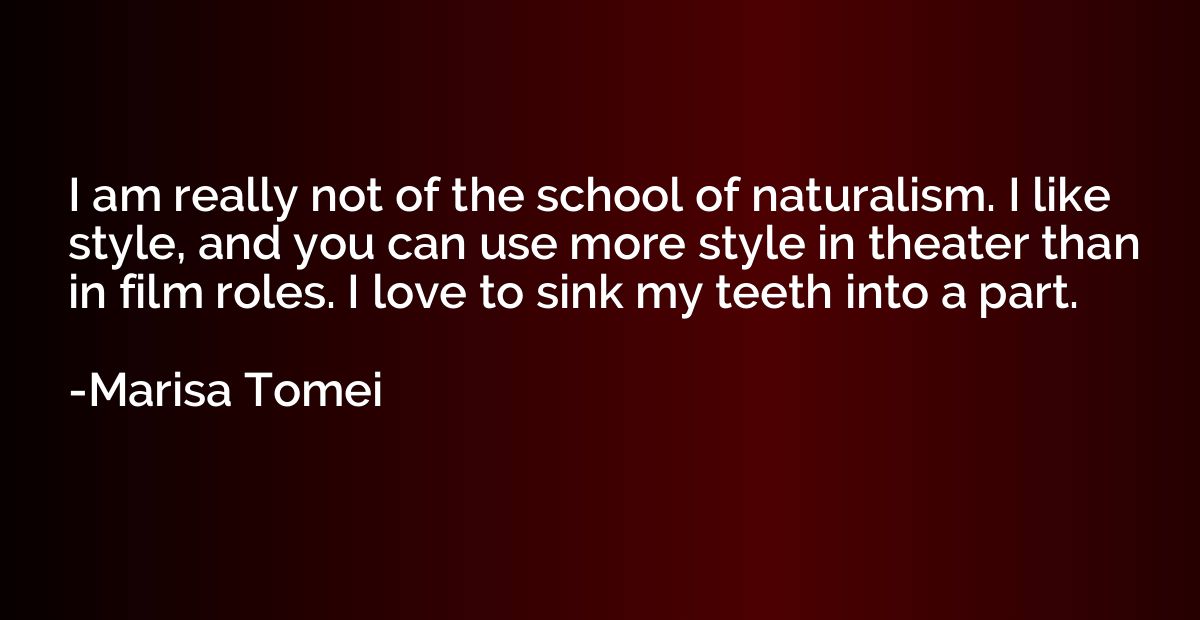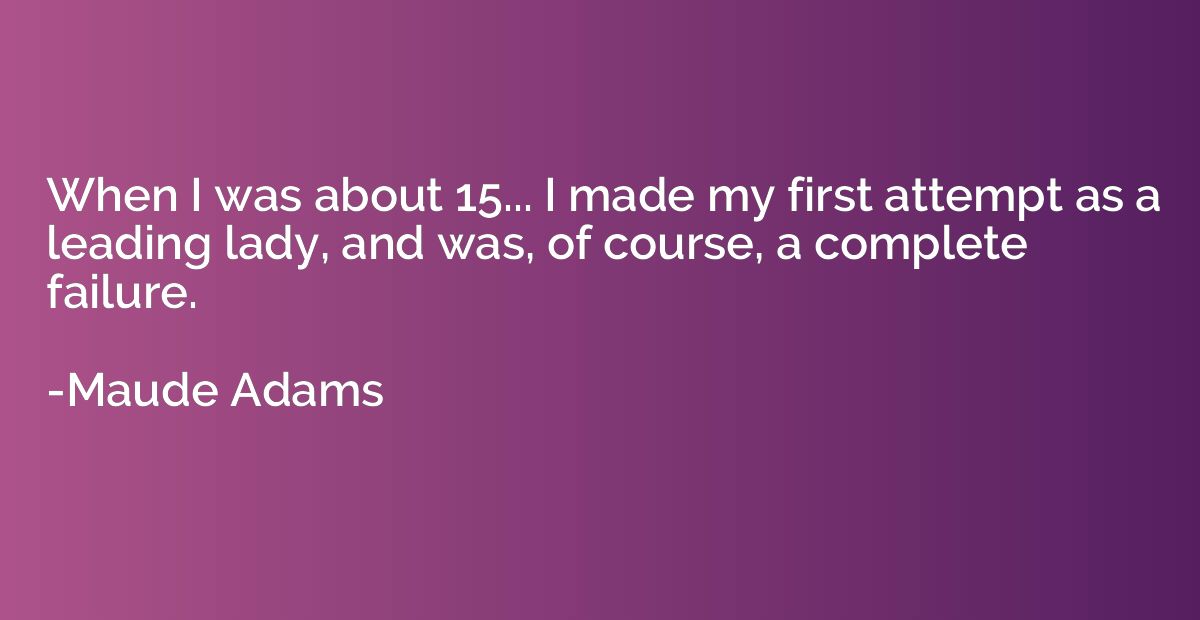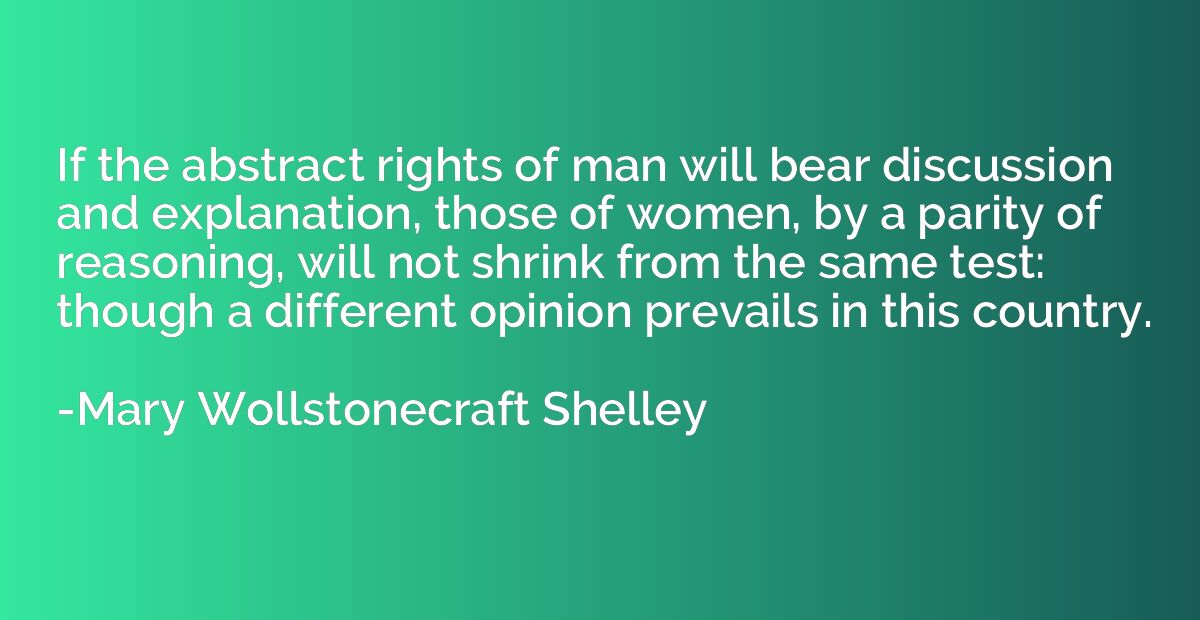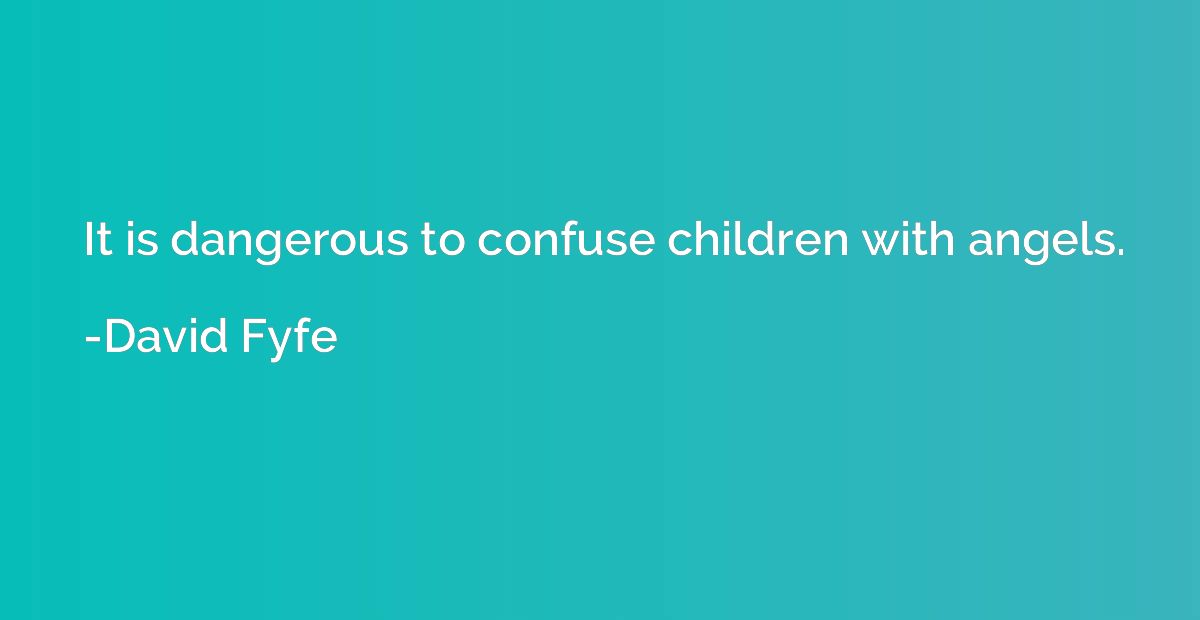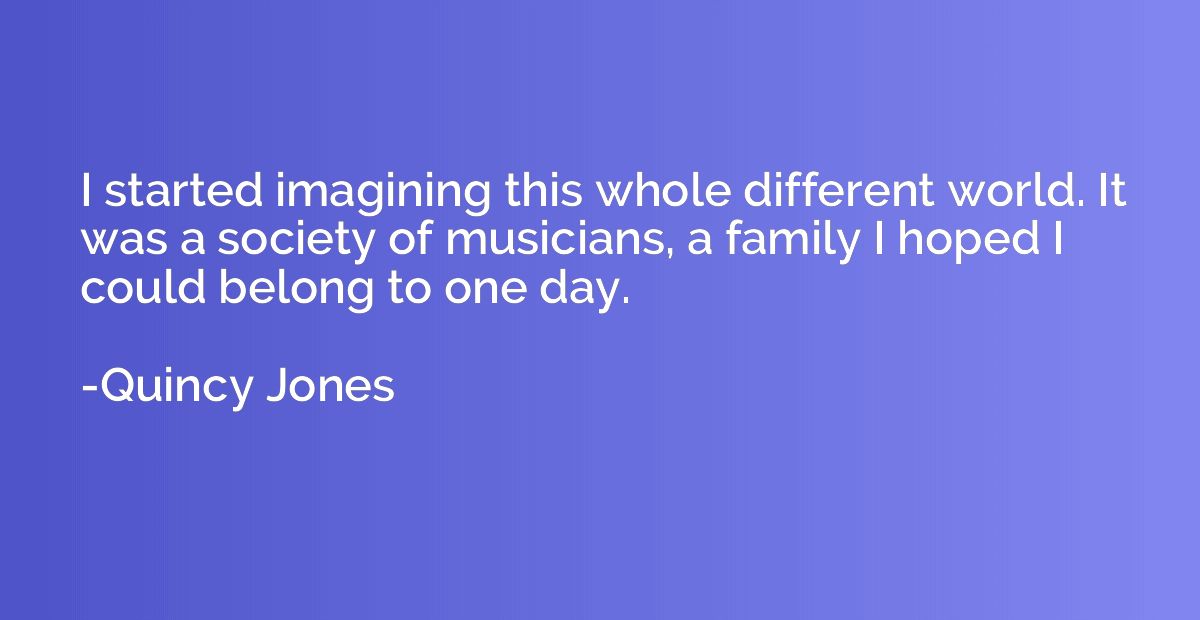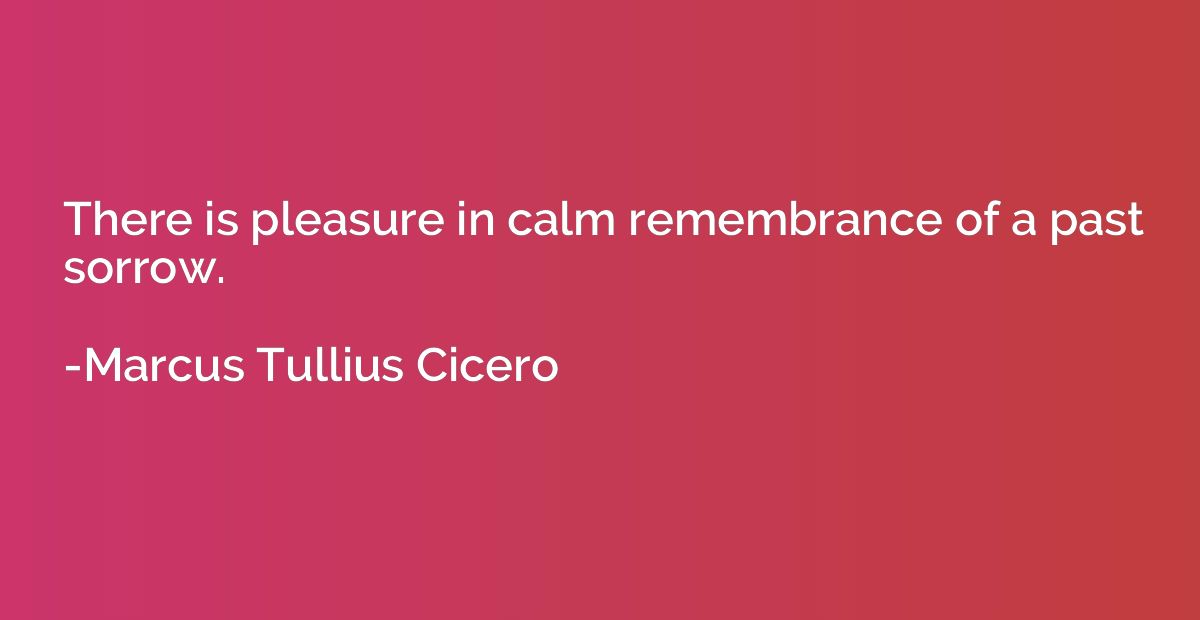Quote by Roberto Benigni
I remember in the circus learning that the clown was the prince, the high prince. I always thought that the high prince was the lion or the magician, but the clown is the most important.
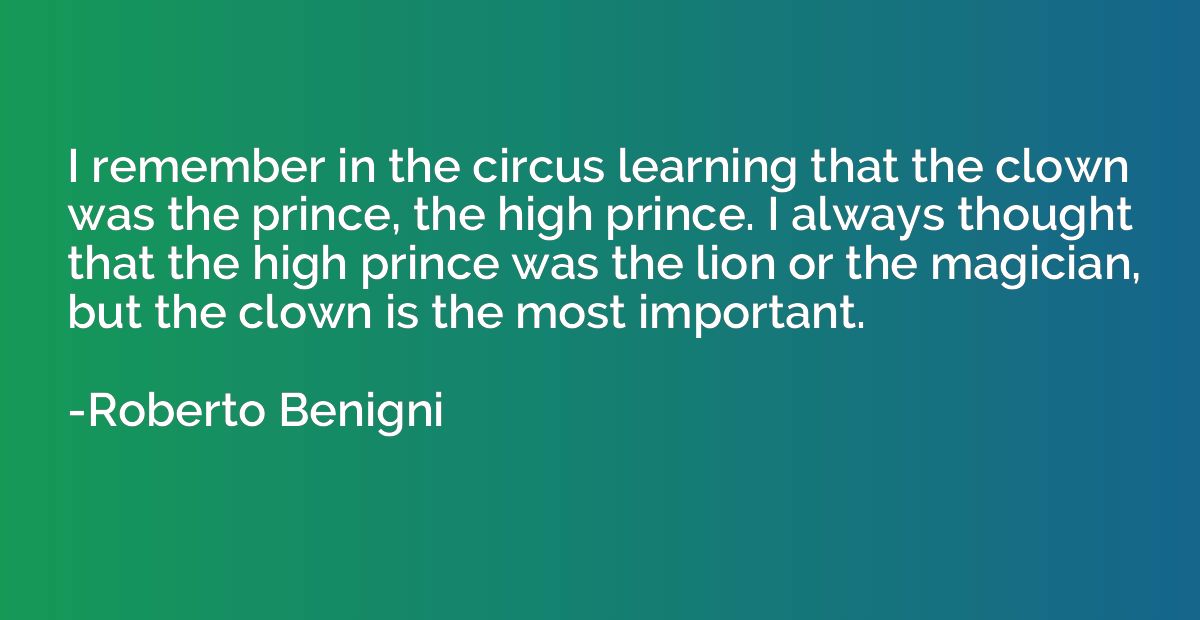
Summary
This quote suggests that the speaker, who recalls their time in the circus, had a misconception about who held the most important role. They initially believed that the lion or the magician represented the pinnacle of royalty and significance. However, through their experience, they realized that the clown, typically regarded as a comedic and less prestigious figure, actually held the highest title of 'high prince'. This realization highlights the value and importance of laughter, entertainment, and the ability to uplift and bring joy to others, challenging conventional notions of power and importance.




